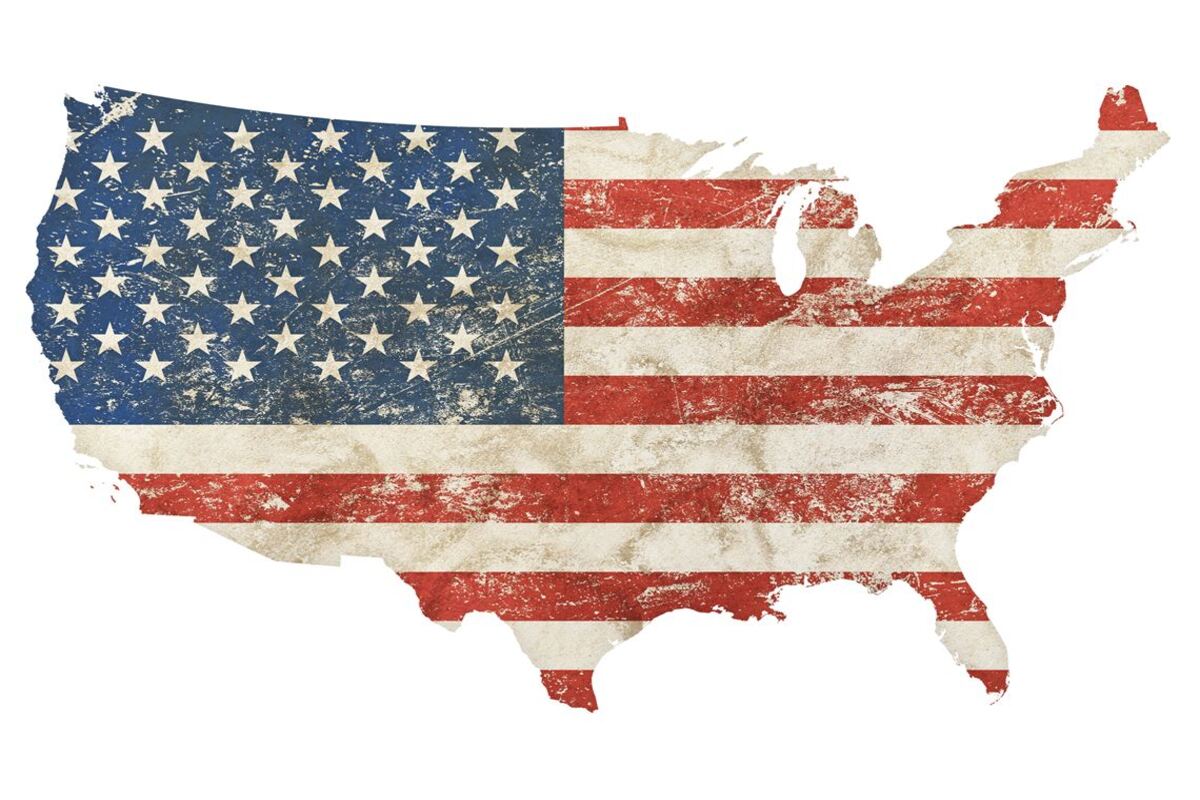Prince Harry declares US home, renounces British residency
Prince Harry officially makes the United States his primary residence, renouncing ties to the UK royal family in a significant move.
A 2021 national survey by a leading US pollster found that as many as 46 per cent Americans believed a future civil war is likely

Does America face the possibility of civil war in the near future? The question assumes relevance ~ and has sparked an impassioned debate ~ in the wake of an essay published recently by Stanford economist William G. Gale, and political scientist and author Darrell M. West, provocatively titled ‘Is The US Headed For Another Civil War’ in which they argue that such a notion is not as far-fetched as it may seem.
A 2021 national survey by a leading US pollster found that as many as 46 per cent Americans believed a future civil war is likely. The poll data showed that of those who felt another civil war is in the offing, 53 per cent were young people with as many as 49 per cent of them being from the South of the country and 48 per cent from the Great Lakes region, relative to 38 per cent from the East.
The divide between Americans, especially those living in the megacities along both the Atlantic and Pacific seaboards, and those in the Midwest/Deep South, has always been a feature of the country’s political, social, and cultural life. But the fact that these divisions seem to have reached a point where a civil war is envisaged as a possible outcome by a section of citizens and is being amplified by politicians such as Republican lawmaker Madison Cawthorn has many deeply concerned.
Advertisement
Mr Cawthorn said earlier this month: “If our election systems continue to be rigged, then it’s going to lead to one place and that’s bloodshed. There’s nothing I would dread doing more than having to pick up arms against a fellow American.” Gale and West iterate that these kinds of remarks should not be taken lightly or dismissed as populist grandstanding. For, there are hot-button issues in America which generate great hostility between citizens including racial equity, gun control, abortion, election legitimacy, climate change, vaccines, and masks to name just a few.
From the perspective of the nation-state’s longevity and cohesion, the USA is already seeing what can only be termed ‘over-federalisation’. Individual states are passing major legislation that differs considerably from that in other parts of the country.
For example, a new Texas law bans abortions after six weeks of pregnancy, while liberal states continue to uphold the seminal 1973 Roe v. Wade US Supreme Court order in their respective abortion laws. Rising levels of inequality, increasing polarisation, and the toxicity which now informs public discourse in the USA has made it near-impossible for moderate politicians from both Left and Right to negotiate ~ and compromise on ~ vital issues. The belief that the other side does not play fair is now deep-rooted in American society as the Capitol riot after the results of the US presidential elections exhibited to the world.
Advertisement